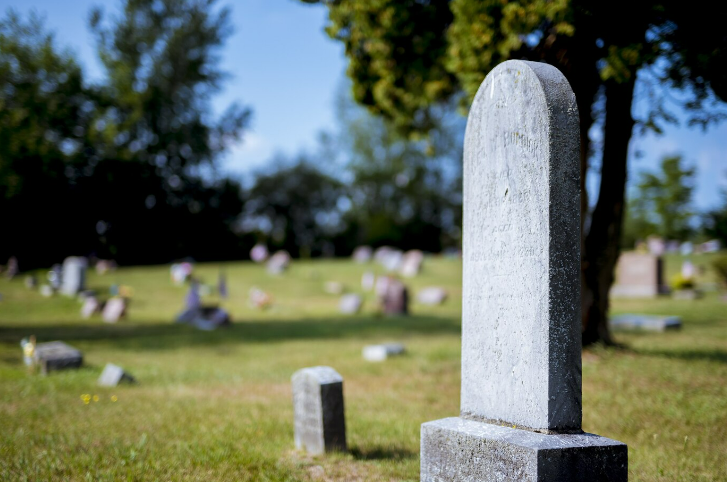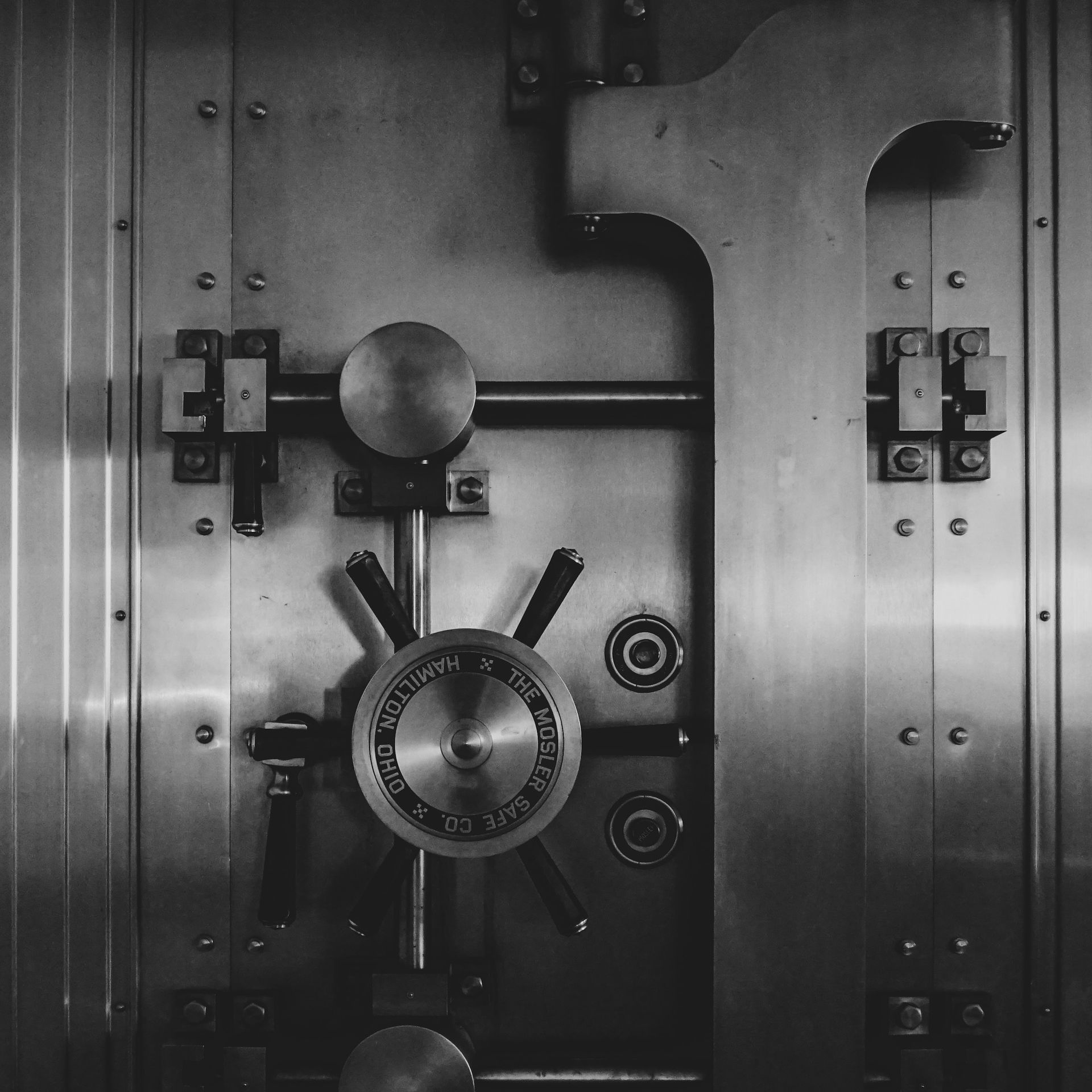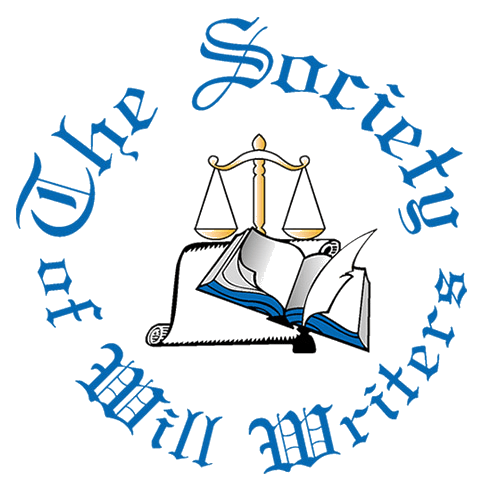Your Legacy, Our Priority.
What Happens to My Investments When I Die?
When it comes to estate planning, many people focus on their homes, personal belongings, and other tangible assets. But what happens to your investments when you pass away? Whether you hold shares, ISAs, property portfolios, or a pension, understanding the fate of your financial investments is crucial for ensuring your wealth is distributed according to your wishes.

Investments After Death: The Legal Process
When someone dies, their investments become part of their estate. The administration of these assets involves several key steps:
1 Probate and Estate Valuation
Before any investments can be distributed, your estate will go through probate (if required). During this process, the Executor of your Will (or an Administrator if you die intestate) will assess the value of all your assets, including investments. This valuation is crucial for calculating inheritance tax (IHT).
2 Tax Considerations
Inheritance Tax: If the total value of your estate exceeds the IHT threshold (currently £325,000 in the UK), your beneficiaries may be liable for tax on the excess. Certain investments, like AIM-listed shares, may qualify for tax relief.
Capital Gains Tax (CGT): If investments are sold during the estate administration, CGT might apply. However, assets are typically revalued at the date of death, often mitigating large CGT liabilities.
3 Transfer of Ownership
Once taxes are settled, your investments can be transferred to your beneficiaries or liquidated and distributed as cash, depending on the instructions in your Will.
How Different Investments Are Handled

Stocks and Shares
Shares can be transferred directly to beneficiaries or sold by the Executor. Many investment platforms allow beneficiaries to open accounts to receive transferred shares.

ISAs
Your Individual Savings Account (ISA) loses its tax-free status upon death. However, if you have a spouse or civil partner, they can inherit an additional permitted subscription (APS), effectively transferring your ISA allowance to them.

Pensions
Pensions usually fall outside your estate for IHT purposes. Most pensions allow you to name beneficiaries, and these funds can be passed on tax-efficiently, especially if you die before age 75.

Property Investments
Rental properties or commercial real estate may require more complex administration. These assets might generate ongoing income or involve costs (such as mortgage payments), so clear instructions in your Will are essential.

What Happens Without a Will?
If you die intestate (without a Will), your investments will be distributed according to the rules of intestacy. You can read more about this in our Insight below.
Steps to Protect Your Financial Legacy
To ensure your investments are managed and distributed as you intend, consider these steps:
1 Create a Will
Outline exactly who should inherit your investments and any conditions for their distribution.
2 Name Beneficiaries
For pensions, insurance policies, and other financial products, ensure your beneficiary nominations are up-to-date.
3 Utilise Trusts
Trusts can provide greater control over how investments are used, particularly for young or vulnerable beneficiaries.
4 Talk to Us
Estate planning for investments can be complex, especially with changing tax laws. Get in touch with us today and we will help you navigate these challenges effectively.
Plan Today, Protect Tomorrow
Planning for what happens to your investments when you die isn’t just about protecting your wealth—it’s about providing clarity and peace of mind for your loved ones. By taking proactive steps today, you can minimise stress, reduce tax liabilities, and ensure your financial legacy benefits the people and causes you care about most.












